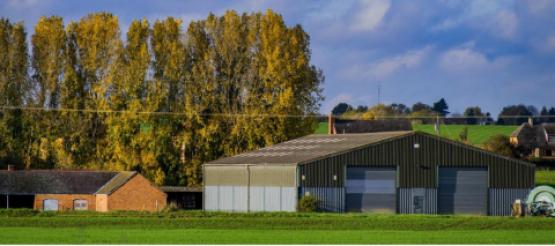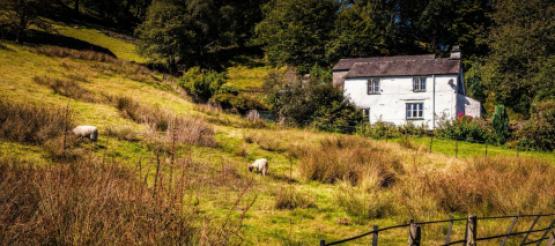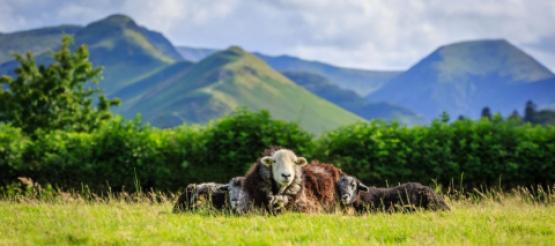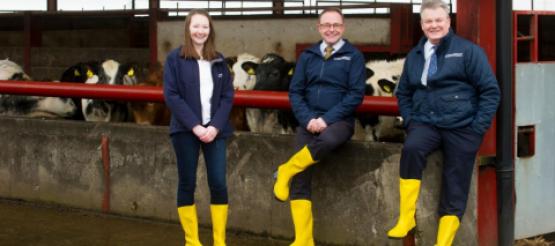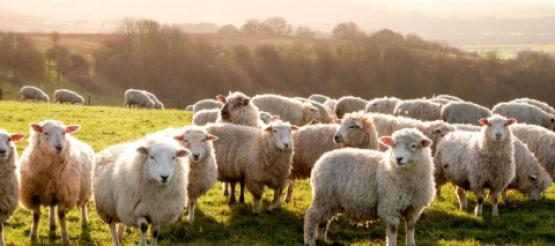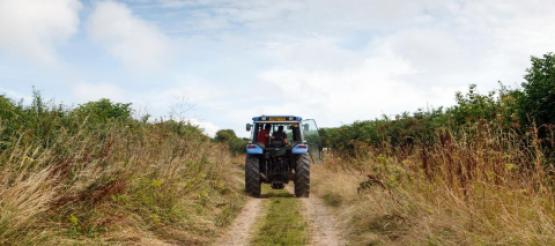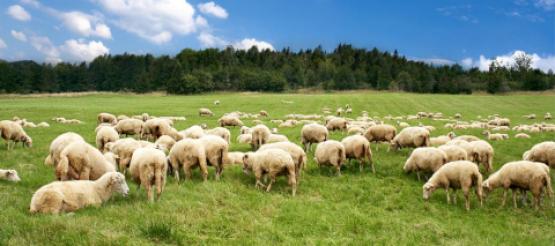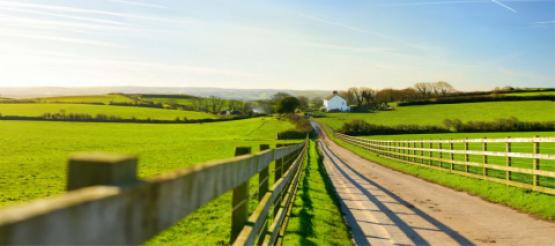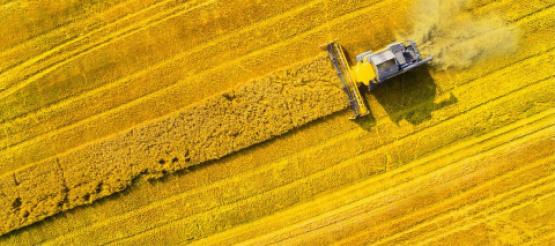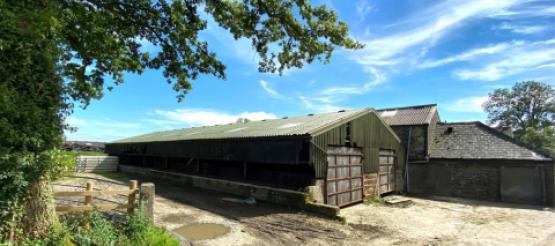You might be entitled to Business Asset Disposal Relief when selling your farm business
If you are considering selling part or all of your farming business you may be able to pay less Capital Gains Tax (CGT) if you qualify for Business Asset Disposal Relief (BADR).
Read this post
